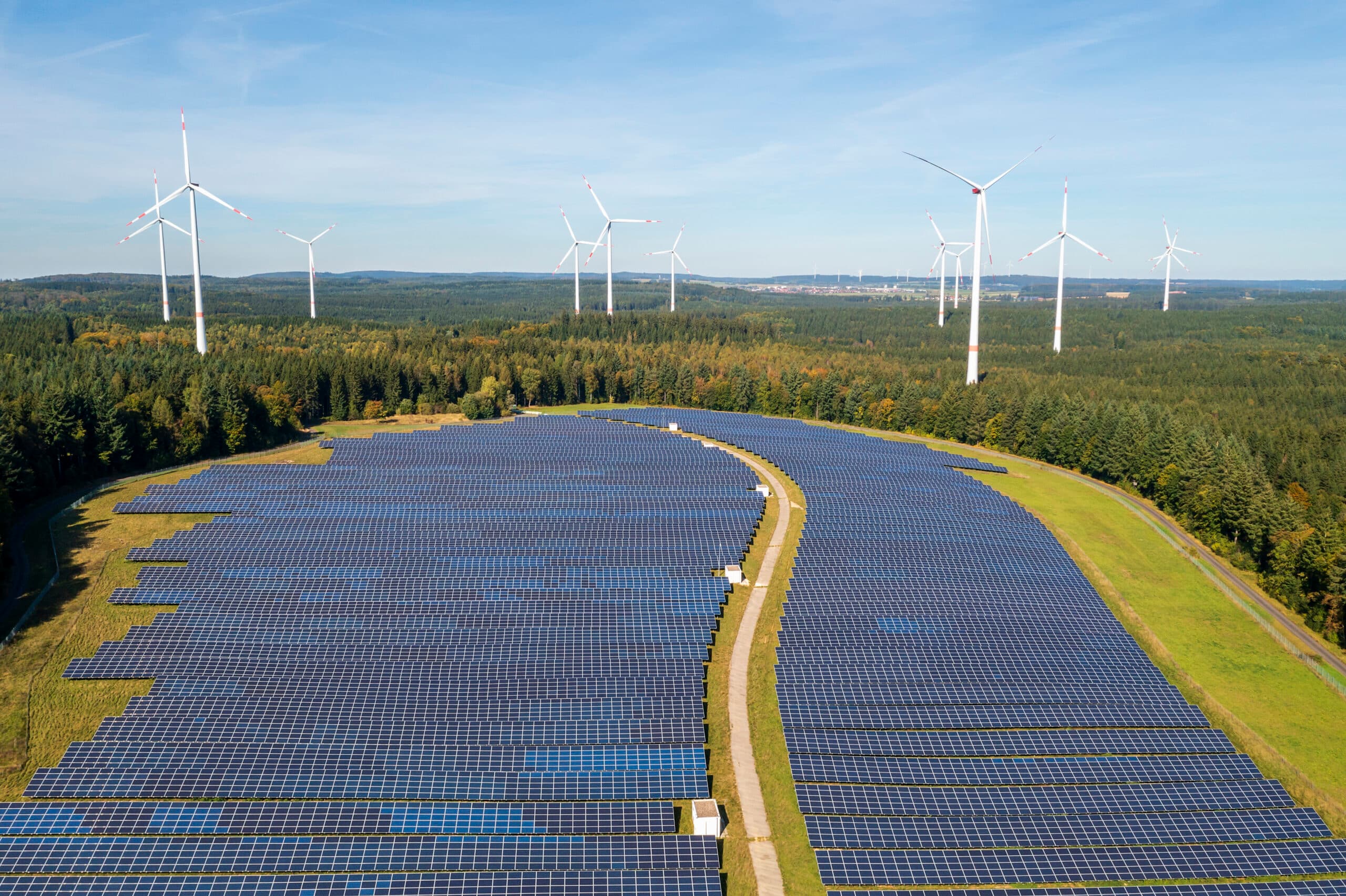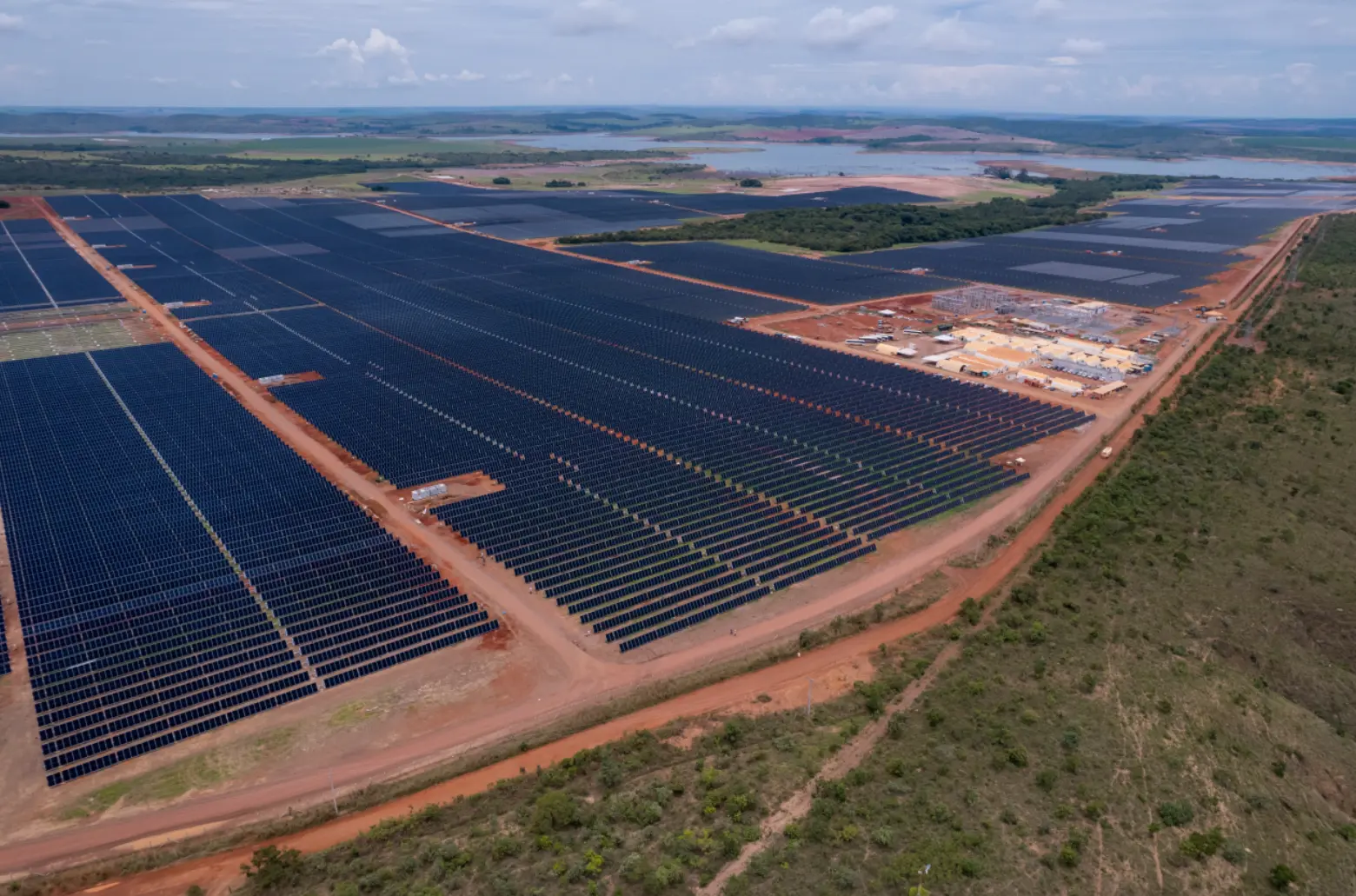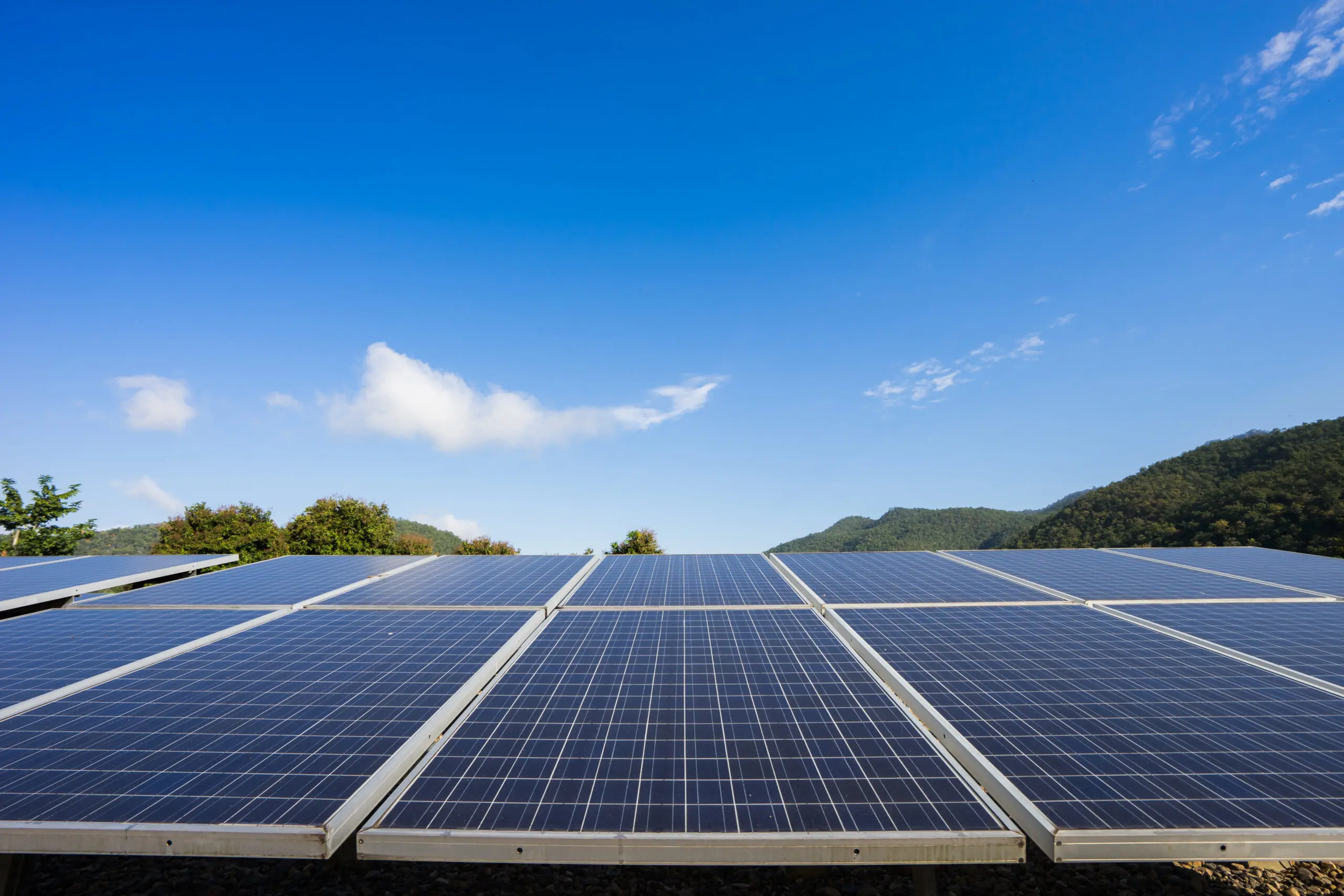The Multiple Benefits of Renewable Energy Consumption for Companies

Power Purchase Agreements (PPAs) have become an increasingly attractive option for corporations due to their competitiveness and the added value they deliver through innovative solutions.
Today, corporations are intensifying their focus on decarbonizing their core business processes and reducing their reliance on fossil fuels to produce goods and services.
The energy transition continues to strengthen as companies and governments commit to incorporating more renewable energy each year. In 2023, a new global record was set with 473 GW of renewable power capacity installed. Luis Pita, Chief Commercial Officer (CCO) of Atlas Renewable Energy, a pioneering provider of renewable energy solutions to corporations across Latin America, explains that companies are driven to establish environmental, social, and governance (ESG) criteria in response to growing market demand.
The Added Benefits of Renewable Energy Adoption
Awareness of climate change is rising as consumers adopt and demand more significant sustainability commitments from businesses.
Consumer Interest in Sustainable Supply Chains
“Consumers expect the products they purchase to meet a range of sustainability criteria. They are discerning and want to know if renewable energy is part of the product’s composition,” says Pita. A 2023 study by McKinsey and NielsenIQ in the United States, a leading global market, supports Atlas Renewable Energy’s CCO. The report shows that products making ESG claims experienced an average cumulative growth of 28% from 2017 to 2022, compared to 20% for products without such claims.
Commitment from Lenders
Pita also highlights how adopting robust ESG criteria improves access to favorable financing. “This provides several benefits. First, there is a more positive investor sentiment toward companies investing in sustainable energy; then, there are more favorable rates with lower increases. Thirdly, some banks even co-finance the (sustainable) social programs companies may launch. We have seen examples where a financing bank supported us by lowering the rate,” he explains.
Consumers play a vital role in this aspect, as they reward banks that invest in sustainable projects. According to Climate Trade, a Mambu survey revealed that 70% of consumers worldwide would choose a bank that prioritizes purpose over profit, and 58% would even pay more for financial services that benefit the environment and local communities.
“All regions are participating in this irreversible process; those in our ecosystem are pushing for cleaner energy. We are part of a generation that is much more responsible about the planet and their own future,” concludes Pita.
The Key Role of Renewable PPAs
Renewable energy consumption is a crucial pillar in the ESG criteria adopted by corporations. It adds significant value by decarbonizing processes, reducing CO2 emissions, and enhancing corporate reputation.
Since 2017, Atlas Renewable Energy has supplied renewable energy to various companies through Power Purchase Agreements (PPAs). Pita notes that, in addition to the highlighted benefits, “clean energy is far more profitable than any other available energy, allowing companies to lock in long-term prices that offer protection against daily price volatility.”
Atlas Renewable Energy offers “a wide range” of contractual forms for establishing a PPA. “We’re highly flexible in designing the best formula for each company’s needs, including 21-year PPAs, 15-year PPAs, partnerships, and contracts in local currencies or U.S. dollars in regions like Brazil, where foreign currency PPAs are uncommon,” he explains.
Atlas Renewable Energy has adapted its approach to meet client demands, moving beyond traditional PPAs with set terms to more complex formulas. “In addition to our long-term contracts that help finance our installations, we now offer structures like energy co-production, where companies participate in project ownership to benefit from specific tax incentives or charges in different regions,” Pita says.
He notes that this progress has been possible not only due to the company’s innovative approach but also through close listening to market needs, which has allowed them to develop more attractive services tailored to client demands.
Innovating Based on Consumer Needs
Historically, renewable energy sources like wind and solar have faced the challenge of variability, as they generate power only when wind or solar conditions allow, unlike hydropower or combined-cycle natural gas plants, which can manage dispatchable capacity.
This limitation is gradually being overcome with battery storage solutions, allowing surplus energy to be stored and dispatched when needed. According to BloombergNEF, the price of lithium-ion battery packs dropped by 14% in 2023 to a record low of USD 139 per kWh, down from around USD 780 per kWh in 2013. By 2024, prices were expected to fall to USD 133 per kWh, USD 113 per kWh in 2025, and USD 80 per kWh by 2030.
For Atlas Renewable Energy’s CCO, the downward trend in battery prices and continuous technological improvements will accelerate battery storage deployment worldwide, particularly in Latin America. “We estimate that storage will drive the next wave of the energy transition, enabling us to offer our clients 24-hour renewable energy,” Pita says.
In anticipation of this trend, Atlas Renewable Energy signed its first battery storage project, BESS del Desierto, in Chile in 2024, marking a significant milestone in its commitment to clean energy innovation. This project led to a 15-year PPA with Copec, enabling the reinjection of approximately 280 GWh of clean energy annually into the grid. Separately, Atlas also signed a distinct 15-year PPA with Codelco, the state-owned mining company, to deliver around 375 GWh per year starting in 2026, reinforcing its commitment to stable and clean energy across different sectors.
Atlas Renewable Energy’s Presence
Atlas Renewable Energy is Latin America’s leading independent power producer (IPP). Since its founding in 2017, the company has consistently expanded, with 8.4 GW of renewable energy projects in development, construction, or operation across the region, making it one of the largest platforms of its kind.
Pita attributes Atlas Renewable Energy’s success to several factors. “First, and most importantly, our strong identification with our clients. We strive to understand, listen, and honor our commitments excellently. Secondly, our presence in our clients’ regions allows us to address local needs with a global solution. Lastly, we have flexibility. We develop our model in collaboration with our clients,” he reveals.
The executive also underscores the importance of energy consumers carefully selecting PPA partners. “I would simply recommend choosing your partners carefully—companies with a proven track record in project execution, as the construction, financing, and operation of renewable projects is complex. Some companies are more successful than others,” he advises.
“Companies need to understand what their clients want and need. They must consider what future generations will want from these companies’ products. Ultimately, the answer to all these questions is sustainability,” he concludes
Conclusion
The energy transition remains challenging as companies adapt to new ways of energy consumption. One way to reduce CO2 emissions is by incorporating renewable energy through supply contracts, which are also a competitive option compared to other forms of energy procurement.
These actions provide companies with value across multiple dimensions beyond their core business. On one hand, consumers increasingly demand and choose sustainable products and services; on the other, banks are more willing to lend to companies that engage in sustainable practices. Furthermore, renewable energy adoption enhances corporate social reputation while helping combat climate change.
PPAs are becoming increasingly sophisticated, offering consumers a range of options. In 2024, Atlas Renewable Energy introduced a clean energy supply option through battery storage projects, delivering more stable power, ideal for energy-intensive consumers.
This article was created in partnership with Castleberry Media. At Castleberry Media, we are dedicated to environmental sustainability. By purchasing carbon certificates for tree planting, we actively combat deforestation and offset our CO₂ emissions threefold.
Share This Entry


